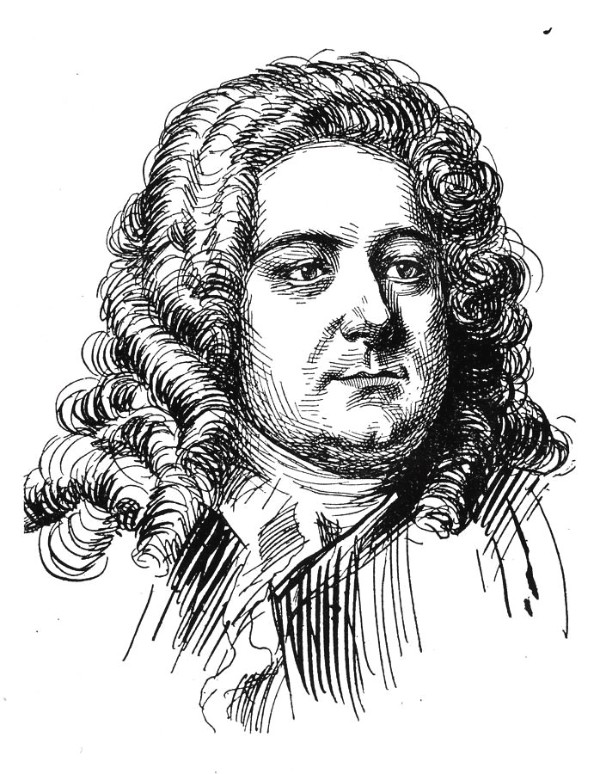Writing is hard. It’s a lonely pursuit requiring not only focus and discipline, but inspiration, too.
While there are many tools and techniques that writers can use to boost their creativity, one often overlooked resource is classical music.

© helpingwritersbecomeauthors.com
Today we’re looking at ten famous pieces of classical music and why they might appeal to writers.
Whether you’re a seasoned pro or a writer or just starting out, here’s how these classical pieces can help you unlock your full potential and take your writing to the next level.
Ludwig van Beethoven: Moonlight Sonata
This melancholy piece for solo piano will encourage writerly introspection, enabling authors to explore their deepest thoughts and feelings…even when those thoughts and feelings might be dark or sad.
Its mesmerizing triplet rhythm will help writers get into a meditative creative groove, too.
Antonio Vivaldi: The Four Seasons
The ever-shifting moods contained within these four timeless concertos by Vivaldi will inspire writers to weave a diverse range of emotions and experiences into their writing.
Here’s a hint: if you want a modern take on these concertos, try listening to Max Richter’s Recomposed, a reimagining of Vivaldi’s original music. It sounds like a movie soundtrack.
Wolfgang Amadeus Mozart: Requiem in D Minor
The haunting melodies and solemn nature of this masterpiece will help writers contemplate profound questions about life, death, and the human condition.
Mozart died young while writing the Requiem. Hopefully apart from the music, that story will encourage authors to seize the day and prioritize that writing project they’ve always dreamed about tackling.
J.S. Bach: Goldberg Variations
This intricate piece for keyboard will inspire writers to strive for perfection in their craft and pay attention to every little detail, just like Bach did.
The thoughtful complexity of the Goldberg Variations – like so much of Bach’s music, and Baroque music in general – can help writers of all kinds to get into a particularly productive flow state.
Pyotr Ilyich Tchaikovsky: Swan Lake
The grandiose gestures of this iconic Romantic ballet will help writers channel their inner drama queen and imbue their writing with a sense of old-fashioned romance.
This is perfect music for when you’re writing characters experiencing fierce arguments, grand realizations, or passionate love affairs.
Claude Debussy: Clair de Lune
This dreamy, atmospheric solo piano piece will transport writers into a world of inspiration, enabling them to easily visualize the beauty of a moonlit night.
This piece would be perfect to listen to while writing quiet scenes between two characters, or the inner monologue of a character who is alone and lost in thought.
George Frideric Handel: Messiah
The soaring melodies and powerful choral outbursts of Handel’s masterpiece will inspire writers to explore themes of faith, hope, and redemption, and infuse their writing with a sense of transcendence and wonder.
And again, like so much Baroque music, its propulsive rhythms will help writers get into that sought-after creative groove.
Frédéric Chopin: Nocturnes
The moody, atmospheric nature of these piano pieces evokes a sense of longing and introspection in any writer and will inspire them to delve into their characters’ inner worlds.
The nocturnes would be especially perfect for anyone writing historical fiction or Gothic drama. Nothing conjures up a Victorian parlor or doomed period romance like Chopin’s piano music!
Johannes Brahms: Symphony No. 1
The majesty of Brahms’ Symphony No. 1 will inspire writers to think big and aim for greatness, while the soaring melodies and powerful crescendos might give them ideas about how to build suspense and excitement in their own work.
This piece should also inspire every writer to keep at their craft and never give up, because this symphony took Brahms over twenty years to compose! The next time you have a bad writing day, think of Brahms and his persistence.
Gustav Holst: The Planets
Each movement of The Planets represents a different planet in the solar system, so you can imagine how dramatic this music gets!
It’s no coincidence that The Planets often sounds like movie music. Composer John Williams was deeply inspired by Holst’s portrait of the cosmos when composing his classic soundtracks.
These ten pieces of classical music are only the beginning. By taking the time to explore different genres, composers, and pieces, writers can tap into a rich source of inspiration – and in the process, unlock their full creative potential.
Happy writing!
For more of the best in classical music, sign up for our E-Newsletter

